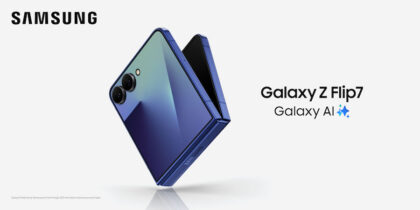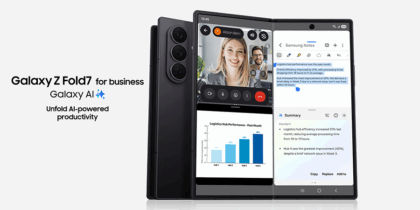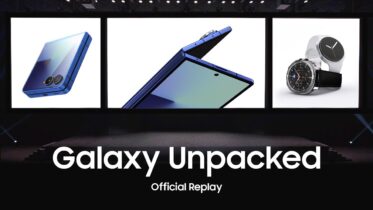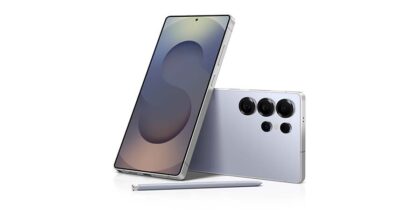Employee mobile devices were the largest source (51%) of data breaches in 2017, according to IT managers surveyed by AT&T. And the Ponemon Institute reports that each data breach costs companies, on average, $3.6 million.
The good news is, there are are many preventive measures companies can take to minimize these breaches. For mobile enterprises, a Managed Google Play Store is a key one.
Android’s version of an enterprise app store, a Managed Google Play Store enables employees to browse and install IT-approved apps. But to IT administrators, a Managed Google Play Store (formerly known as Google Play for Work), offers much more: policies to filter and block time-wasting or malicious apps, and to control app usage, look-and-feel, security and more.
How It Works
Using either the Google Play console or one of many compatible third-party Enterprise Mobility Management (EMM) consoles, administrators can create whitelists of consumer and custom-built apps available to employees. They can also create policies that silently push-install mandatory apps for employees, create blacklists of apps, make bulk purchases of apps on behalf of employees and more. And they can customize all of these policies to different groups of employees based on their job, seniority, location and other qualifiers.
IT managers can use the Managed Google Play Store to publish their custom-built apps to the public Google Play store — if they want to make them available to customers or partners, for instance. They can either host their custom apps using the Managed Google Play Store, or host them on their own servers.
IT also has control over the app user experience with Managed Google Play Store. For example, they can configure the default settings and appearance of their apps when the apps are installed by users. They can also design the look and feel of their Managed Play Store to include their corporate logo and other branding.
Control and Security
IT administrators have the choice of managing their Managed Google Play Store natively, or via their preferred third-party EMM platform, so they can maintain granular control over their apps with the platform they’re most comfortable with. And for added security, IT administrators can choose to isolate their users’ work apps and data from their consumer ones using containerization solutions such as Samsung Knox Platform for Enterprise.
Build a BYOD Plan for Your Business
Get our comprehensive guide and template for developing a BYOD policy tailored to your organization. Download Now
Knox Platform for Enterprise separates business and personal content and apps into different containers, each with different policies. Admins can restrict apps, encrypt data and apply other security policies to the business container, but leave personal apps and data — such as family photos and shopping apps — untouched. This ensures that corporate apps and content are secured, while personal data remains private to the user.
Getting Started
IT admins must first enable Android and Managed Google Play through Google or their EMM and accept the Terms of Service — and also registering the contact details of their Data Protection Officer if their organization is subject to the European Union’s General Data Protection Regulation (GDPR). Admins then have immediate access to their free Managed Google Play Store, which they can begin customizing or simply start approving and buying apps for their users.
For enterprises switching their employees over to Android from another platform, the app migration features in Android and their chosen EMM platform can help smooth the transition. And for organizations that have operated an enterprise app store before, the Managed Google Play store’s controls and management features should be both familiar and useful.
Google’s developer knowledge base features a wealth of helpful information, including tutorials into how the Managed Google Play Store works. Employees who have questions on how to use the Managed Google Play Store can be pointed to Google’s online end-user guide.
The bottom line is, a Managed Google Play Store can help IT managers efficiently manage and secure their employees’ mobile apps. Plus, they can augment their Store with the containerization solutions such as Samsung Knox Platform for Enterprise, and integrate it with the right EMM solution to further mitigate the risk of costly data breaches.
Take our mobile security assessment to find out if your company is covered — and how you can stay ahead of the curve.









